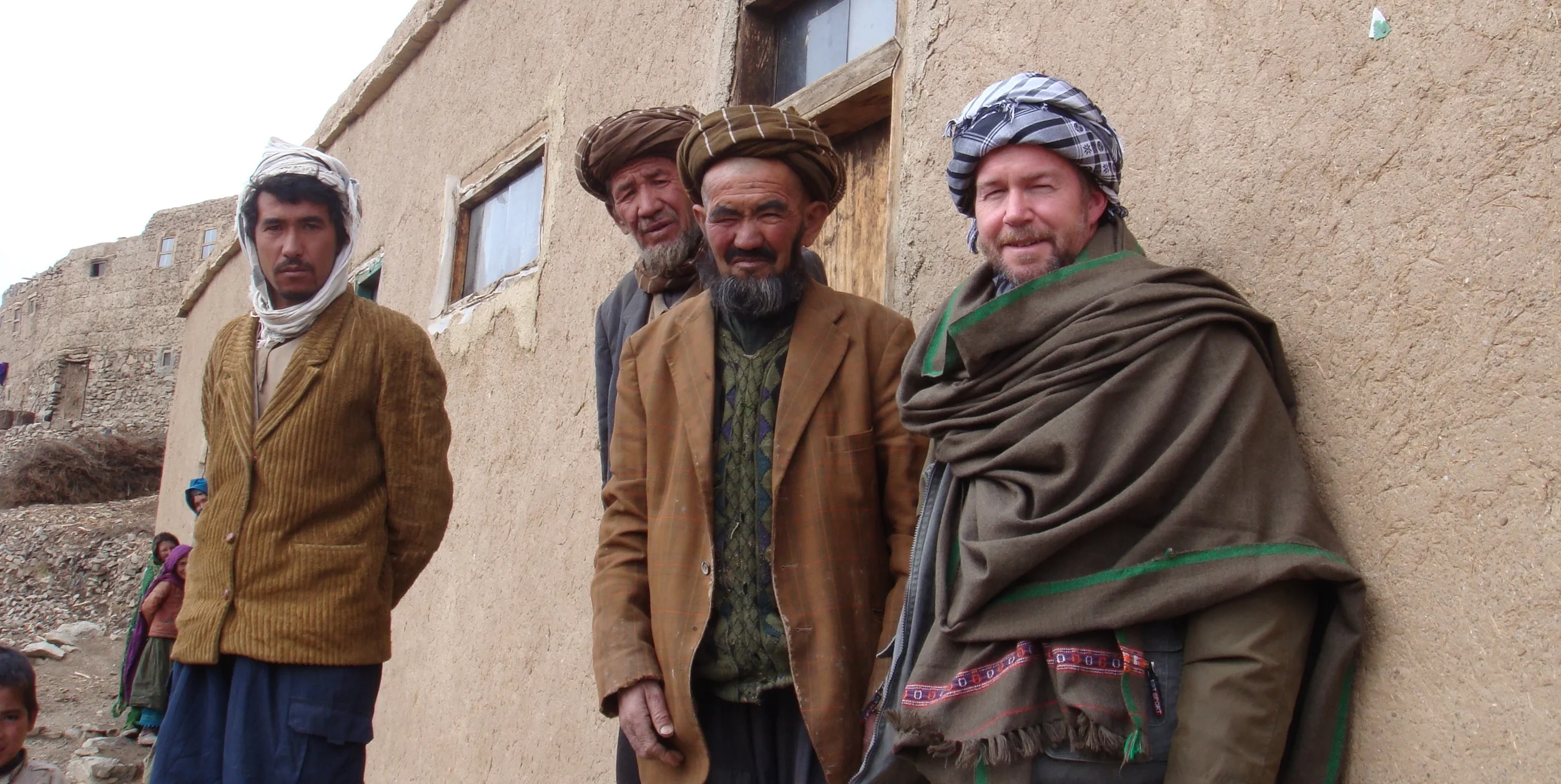Can it be seven years since the sky was so blue it hurt to look at it, since your grandson's carried your casket, since the soldiers broke the silence of our grief with a gun salute, and since the gravediggers’ work left a wound in the red Virginia clay?
Spurgeon said, “The silver thread of resurrection runs through all the believer’s blessings, from his regeneration onwards to his eternal glory, and binds them together.” I’ve held on to this silver thread through all these years since my father’s last words to me. The thread has bound up the wounds of my heart and given me great hope—because of Jesus, who led the way and has “beaten death at death’s own game.”
Here are some journal entries from those days seven years ago.
February 28, 2013, Antalya, Turkey
Before leaving Azerbaijan for Turkey yesterday, I received word that hospice care had been called in for Daddy. I was finally able to get a call out to him late tonight and found a long, lonely stretch of Mediterranean beach where we talked for a few minutes. He could hear the crashing of the waves and asked where I was and when I was coming home. I described the sea and the stars for him, but he was too weak to talk much, drifting in and out. And then the call was over. I tried so desperately to recall everything he said, until the memory of his voice and the sound of the sea seemed almost indistinguishable. I’m afraid I will forget the sound of his voice. I don’t know how long I stood there. It was cold, and the tide crept up to my feet. The stars of Orion fell westward as the moon rose and followed them. As I stood beneath it all, I tried to remember what was said and what wasn’t said, until the cold wind and the sickness of sorrow drove me back from the sea.
March 9, 2013, Danville, Virginia
The house is emptying. Memories are still here; in fact, they press upon me. But, like the room where Daddy died last Sunday, life is seeping out of this place. His books, the odd assortment of pocket knives on his dresser, clothes in his closet, the pictures on the wall—for now, nothing has moved, but something is missing.
I walked through Daddy’s machine shop in the back yard. He was a skilled machinist and had a reputation for being able to fix anything—and he lived up to it. He repaired engines of all kinds—planes, trains, tractors, every sort of vehicle whether it had two wheels or four or eighteen. Once he even repaired a blimp that got stranded at the city airport. And because we live in a broken world, Daddy kept busy. But today the shop is quiet. The air smells of steel and grease. It’s a good smell—smells like his hands.
A wrench lay on the workbench, where he left it. Over the past year, with his heart wearing out and vision and memory clouding, he slowly lost his grip on these tools, until he had to let them go altogether. But while Daddy’s once-strong hands were losing their hold on things, Christ’s hold on him never did. His last day on this side, while slipping in and out of consciousness, he began to sing to himself some songs my brother and sisters could not recognize. The one that was clear was “Amazing Grace”!
When word reached me that he had died, I was on the other side of the world; but he was already well beyond all of us by then. I made it back for his funeral yesterday. The sun was brilliant against a sky so blue it hurt to look upon it. His grandsons, including my son, carried the flag-draped casket to its place—an open grave in the Virginia clay, like a fresh wound in the earth. On a hillside nearby, an honor guard fired three volleys above us, and the trumpet sounded Taps—it was clear, sweet, and sad. The next time a trumpet sounds over this grave, it will not be for a soldier, but for a saint. “For the Lord Himself will descend from heaven with a shout, with the voice of an archangel, and with the trumpet of God. And the dead in Christ will rise first.”
March 10, 2013, Danville, Virginia
This morning, I went back out to Daddy’s grave. There were no long black cars, no funeral tent, no gun salutes or Taps. The flag is now folded and treasured. Blue birds flitted about the cemetery, and between the grave markers, violets and dandelions were pushing through the late winter ground. The wreath on his grave was still fresh. I sat there and wondered why I could not have made it back to see him once more and to finish the conversation we started by the sea, but I thought of a character in one of Daddy’s favorite books. In The Pilgrim's Progress, the courageous, prayerful Mr. Standfast is journeying on and encouraging other pilgrims along the way, when suddenly a courier arrives from the Celestial City. He delivers a message to Mr. Standfast that explains “that he must prepare for a change of life, for his Master was not willing that he should be so far from him any longer.” Then I remembered a little note left in Daddy’s papers in the room where he died. It was simply a scripture reference: John 15:16. After calling His disciples “friends,” Jesus said, “You did not choose me, but I chose you.” And above it, Daddy had written one strong, certain, gracious word. He wrote, “Chosen.” And so, the Risen Christ has called up his chosen one to be with Him. No wonder Daddy sang of such amazing grace as he crossed the river—beyond this red clay portal, strewn with flowers.














